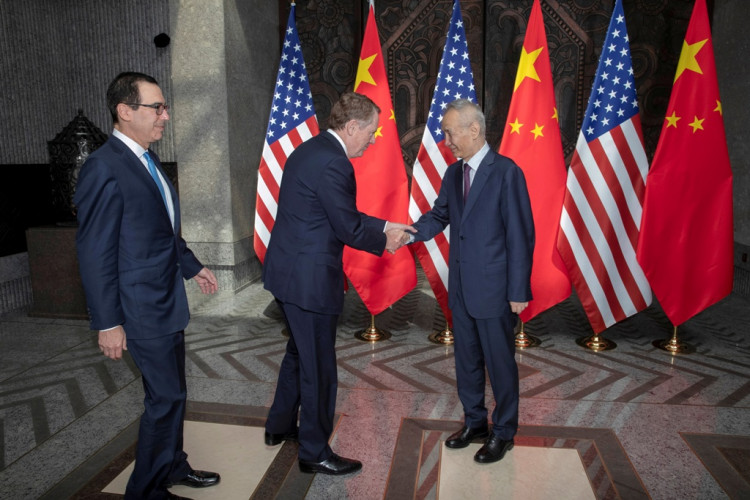Headlines may be overwhelmed by the ongoing trade disagreement between two of the world's largest economies. Stocks may have been on a push-and-pull amid what observers say is market uncertainties but a report from Rhodium Group leaned toward more positive development.
According to the consultancy, investments of American companies in China increase in 2019 amid indecisions on whether the trade war should end now. According to the report, American businesses continue to perceive China's consumer market as the most attractive among other regions.
American investors pumped $6.8 billion in the Asian country in the first half of 2019. This figure was an increase of 1.5 percent from the average investments during the same period from 2018 and 2018.
The most attractive investments for American investors were projects related to green finance. One significant example of this is Tesla's ongoing construction of its Chinese facility in Shanghai. The electric vehicle market is set to become the first-ever foreign-owned auto manufacturing facility in China. Tesla is scheduled to begin operations by the end of this year.
Another significant investment that has come from the US was Bain Capital's $570 million investment in Chinese cloud computing infrastructure developer Beijing Qinhuai Technology.
On August 27, Costco opened its maiden store in Shanghai. There was a long queue of Chinese consumers during the retail chain's opening, creating traffic within a 1-kilometer radius of the US-based retail chain. By afternoon, the US retail giant was compelled to stop operations for the days as traffic became hard to control for traffic officials.
Rhodium Group also noted that fundings were not just coming from the U.S. as the overall foreign direct investment amounted to $75.6 billion, up 7.3 percent in the first seven months of 2019 compared to the same period last year.
The report from Rhodium Group is aligned with a separate data released by China's Ministry of Commerce in February. The Ministry said investments from the U.S. coming into China more than doubled in January. The biggest beneficiary of the funds was China's tech industry.
On the other hand, a July report from Rhodium Group noted that there was a notable decline in investments of Chinese companies in the U.S. Specifically, funds coming from the Asian country dropped 90 percent. Chinese investments to the U.S. decreased to $5.4 billion in 2018 from an all-time high of $46.5 billion in 2016. The decline was particularly pronounced when President Donald Trump began his office.
There had also been less Chinese buying residential homes in the U.S., according to separate data from the National Association of Realtors. Chinese' purchase of homes declined by 56 percent to $13.4 billion in the first three months of 2019. As of March 2019, however, the Chinese are still the top foreign buyers of properties in the U.S.





